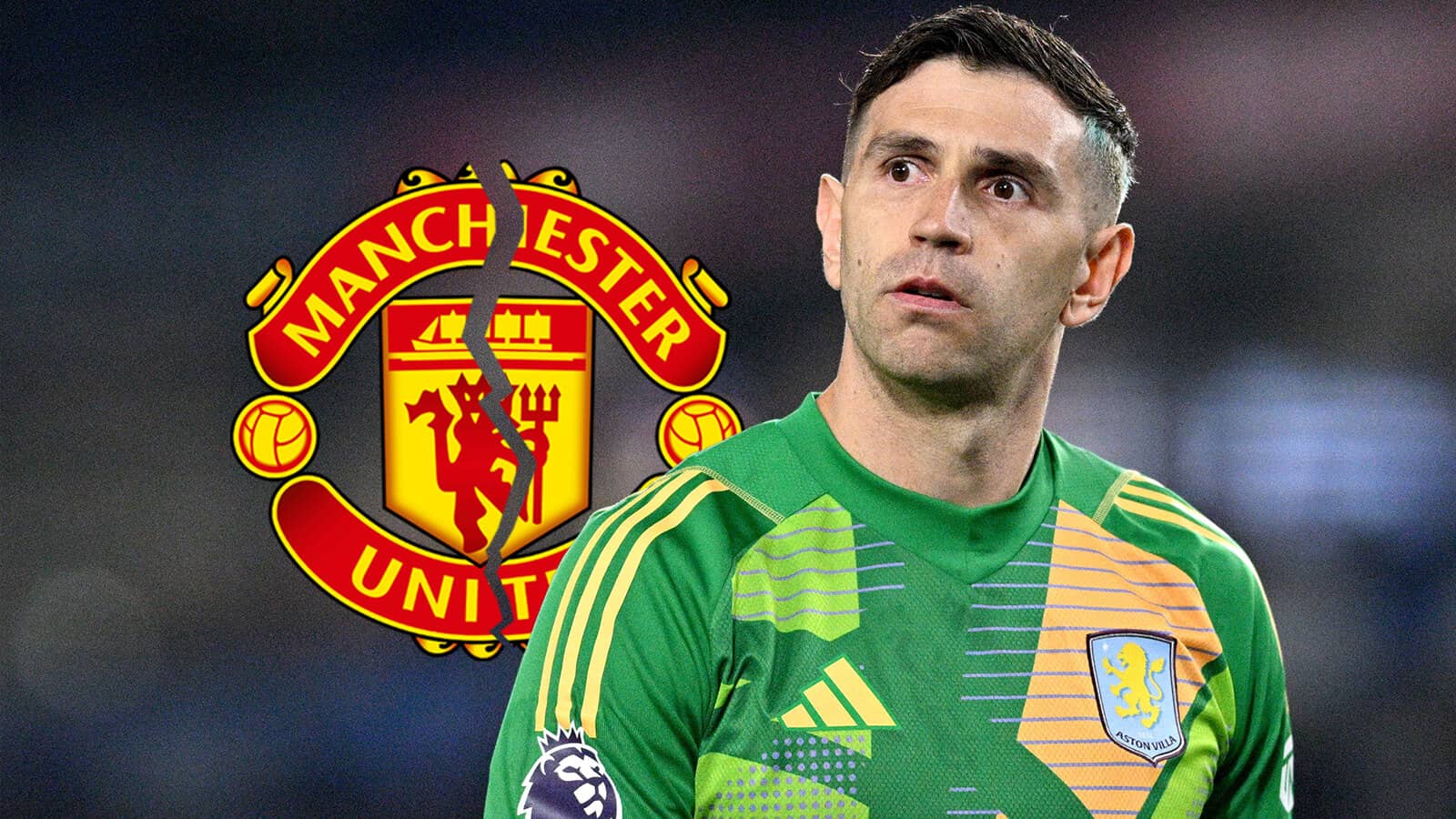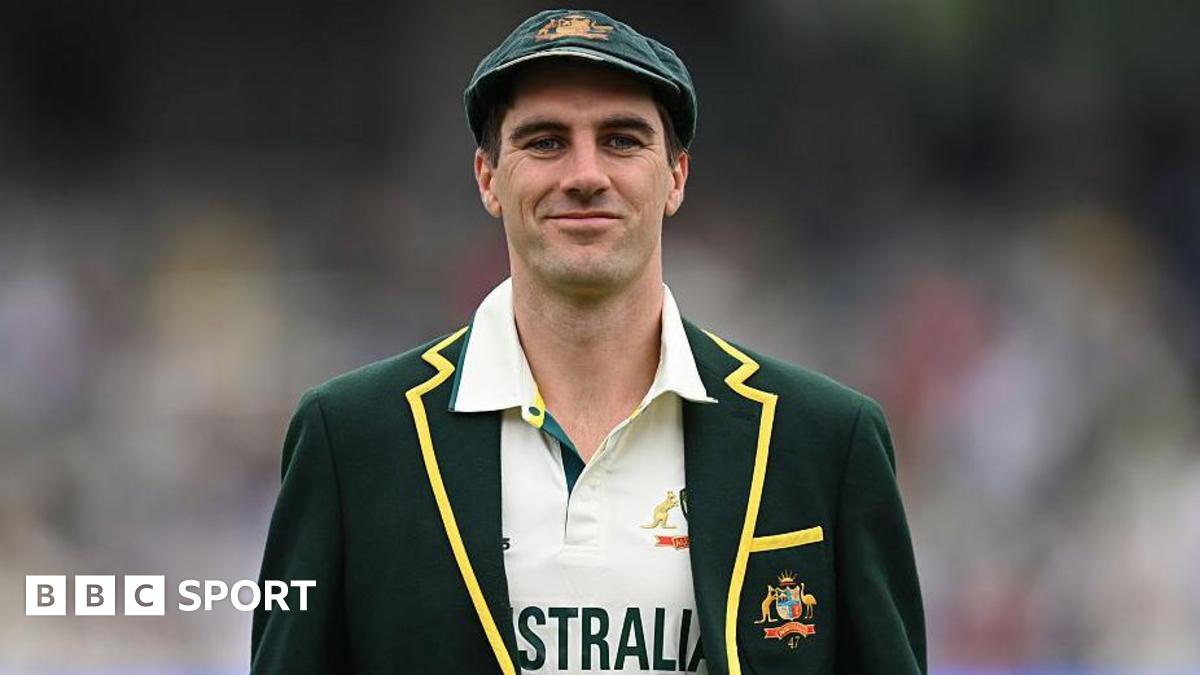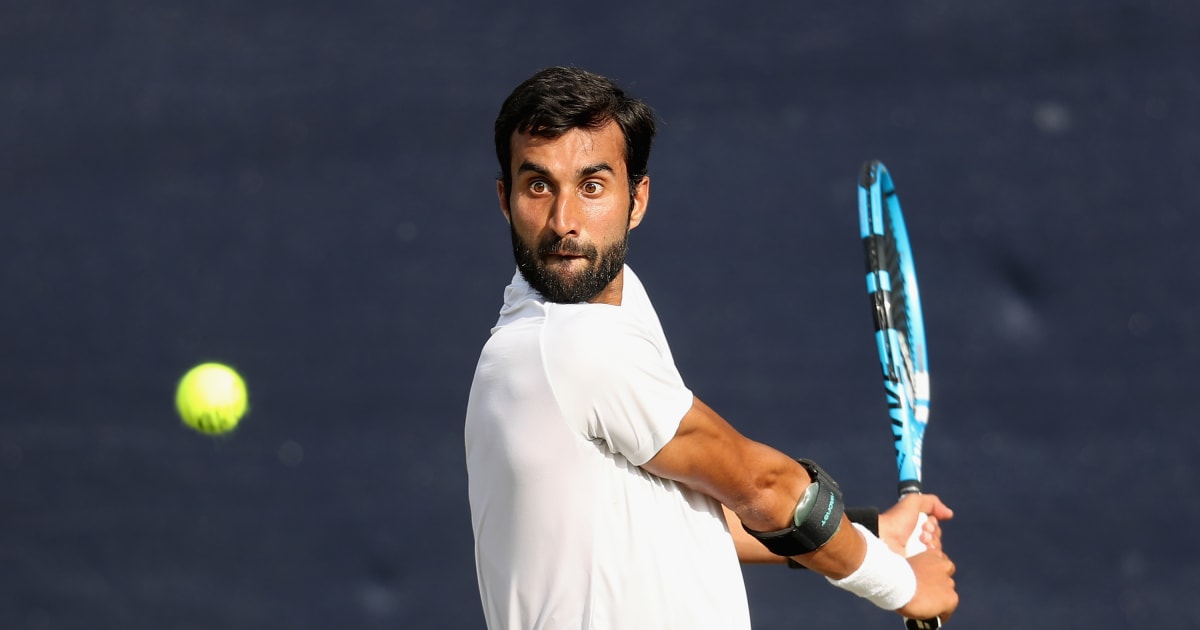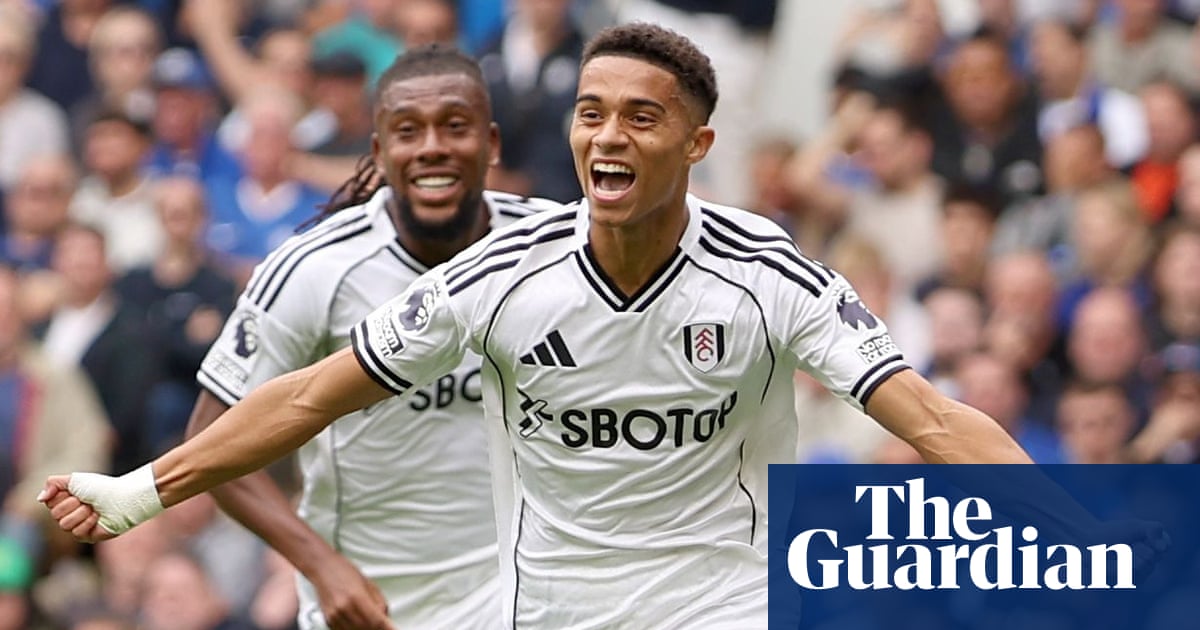Hungary fans believe something special is brewing ahead of World Cup campaign opener in Dublin

Dominik Szoboszlai leads his team's acknowledgment of the fans after Hungary's defeat to the Republic of Ireland in a friendly at the Aviva Stadium, Dublin, last year. Photo: Charles McQuillan/Getty ImagesMarco Rossi is the kind of national team coach Hungarian fans are unlikely to forget any time soon. Not only because he always speaks his mind – sometimes even clashing with journalists – but also because he is tactically astute, builds strong relationships with his players and, above all, has achieved what few believed possible.When Rossi took charge in 2018, expectations were modest. Seven years later, he has led Hungary to two European Championships and guided them to the top tier of the Nations League, where they stunned Europe with results such as the 4–0 away win against England.Now, however, a greater challenge awaits: qualifying for the World Cup. Drawn into a group with Portugal, Republic of Ireland and Armenia, the task looks daunting. After the draw was made last December, Rossi expressed his relief at being placed in a four-team group, which allowed Hungary to arrange summer friendlies – a 2–0 defeat to Sweden and a 2–1 win in Azerbaijan.He recently admitted that the clash with Ireland could prove more decisive than the one against Portugal. The realistic target, he suggested, is to finish second in the group. Overtaking Roberto Martinez’s Portugal, packed with world-class talent and a certain Cristiano Ronaldo, is a tall order. History backs up this assertion: in 14 meetings with Portugal, Hungary have never won.That means the dream of reaching the World Cup rests heavily on beating Ireland and Armenia, both home and away. Defeat in Dublin in the opening match on Saturday would set back those dreams significantly.Hungary head coach Marco Rossi has guided the team to two European Championships and several impressive results against high-ranking national teams. Photograph: Srdjan Stevanovic/Getty ImagesTactics and organisationTypically, Hungary line up in a 3-4-2-1 system, with three centre-backs supported by energetic wing-backs. This shape provides defensive solidity while allowing attacking stars like Dominik Szoboszlai to roam between the lines. Rossi’s Hungary are not a possession-heavy side; they often concede the ball to stronger opponents. However, they are disciplined, compact and dangerous on the counter. That identity has made them a tough nut to crack – just ask Germany, England, or Italy, all of whom have struggled against the Hungarians in recent years.Goalkeeper dilemmaWhile Szoboszlai dominates headlines, Hungary’s progress also reflects growing squad depth. Veteran goalkeeper Péter Gulácsi (RB Leipzig) has long been the first choice, but his retirement from international duty raises a key question ahead of the World Cup qualifiers. Will Rossi turn to Dénes Dibusz, the 34-year-old Ferencváros keeper still in fine form, or hand the gloves to Balázs Tóth, the 27-year-old Blackburn Rovers player?At the back, Willi Orbán remains the defensive rock, while the younger Márton Dárdai could emerge as an important partner in the back three. Defence has always been Rossi’s starting point – organisation first, then attack – and Hungarian fans can trust the team’s collective spirit, which has become a hallmark in recent years. Players arrive at training camps with smiles and the sense of unity has been crucial to their progress.The star: Dominik SzoboszlaiHungary now boast a genuine European star in Dominik Szoboszlai. The Liverpool player is at his best in midfield but has recently shown himself to be an accomplished right-back. At 24, he is already captain of his country, a set-piece specialist and the heartbeat of Rossi’s side. Last weekend, his brilliant free kick gave Liverpool a 1–0 win over Arsenal in the Premier League.LIVERPOOL, ENGLAND - AUGUST 31: Dominik Szoboszlai of Liverpool scores his team's first goal in a free kick during the Premier League match between Liverpool and Arsenal at Anfield on August 31, 2025 in Liverpool, England. (Photo by Alex Pantling/Getty Images)If there is one player Hungary can rely on, it is Szoboszlai. Every successful national team needs a talisman and Hungary finally have theirs.Rising talents and key supportAlongside Szoboszlai, Milos Kerkez, also of Liverpool, brings fearless energy at left wing-back. His aggressive style and refusal to be intimidated by opponents make him a fan favourite.Up front, Barnabas Varga of Ferencváros is Hungary’s most prolific striker, scoring 10 goals in 11 competitive games this season, while his aerial power adds an extra dimension. Another attacking threat is Roland Sallai of Galatasaray, who is quick, aggressive and efficient in front of goal.Rossi has also called up four newcomers – Bence Ötvös (Ferencváros), Rajmund Molnár (Pogoń Szczecin), Barna Tóth (Paks), and Dániel Lukács (Puskás Akadémia). Yet when it comes to the big games against Ireland and Portugal, he is likely to stick with his tried-and-tested core. Expect a back three, with Varga leading the line and Szoboszlai and Sallai supporting him from deeper attacking roles.Barnabas Varga celebrates scoring for Hungary during the UEFA EURO 2024 group stage match against Switzerland in Cologne, Germany. Photograph: Stu Forster/Getty ImagesThe Hungarians know Ireland are physically strong and dangerous from set-pieces. Rossi, a meticulous planner, is sure to prepare accordingly. His attention to detail is famous – even off the pitch. If a player or staff member has a birthday, Rossi is the first to call with congratulations. These gestures may seem small, but they strengthen the bond within the squad, whose players genuinely enjoy spending time together, whether playing pool, table football or darts in camp.A long waitHungary have not qualified for a World Cup since 1986. Bridging that four-decade gap by qualifying for the 2026 tournament run would be historic.The 2026 World Cup, with its expanded 48-team format and additional European slots, feels like Hungary’s best chance in a generation. Public opinion is cautiously optimistic; hopeful in a way that would have seemed fanciful 10 years ago.The magnificent Puskás Aréna in Budapest, with its 65,000-plus capacity, embodies this sense of renewal. Home matches are national events once more, fuelled by passionate crowds and a revived footballing culture.Hungary are organised, disciplined, and united – and for the first time in decades, the dream of returning to the World Cup feels within reach.Bence Borbola is a journalist with Hungarian newspaper Nemzeti Sport









